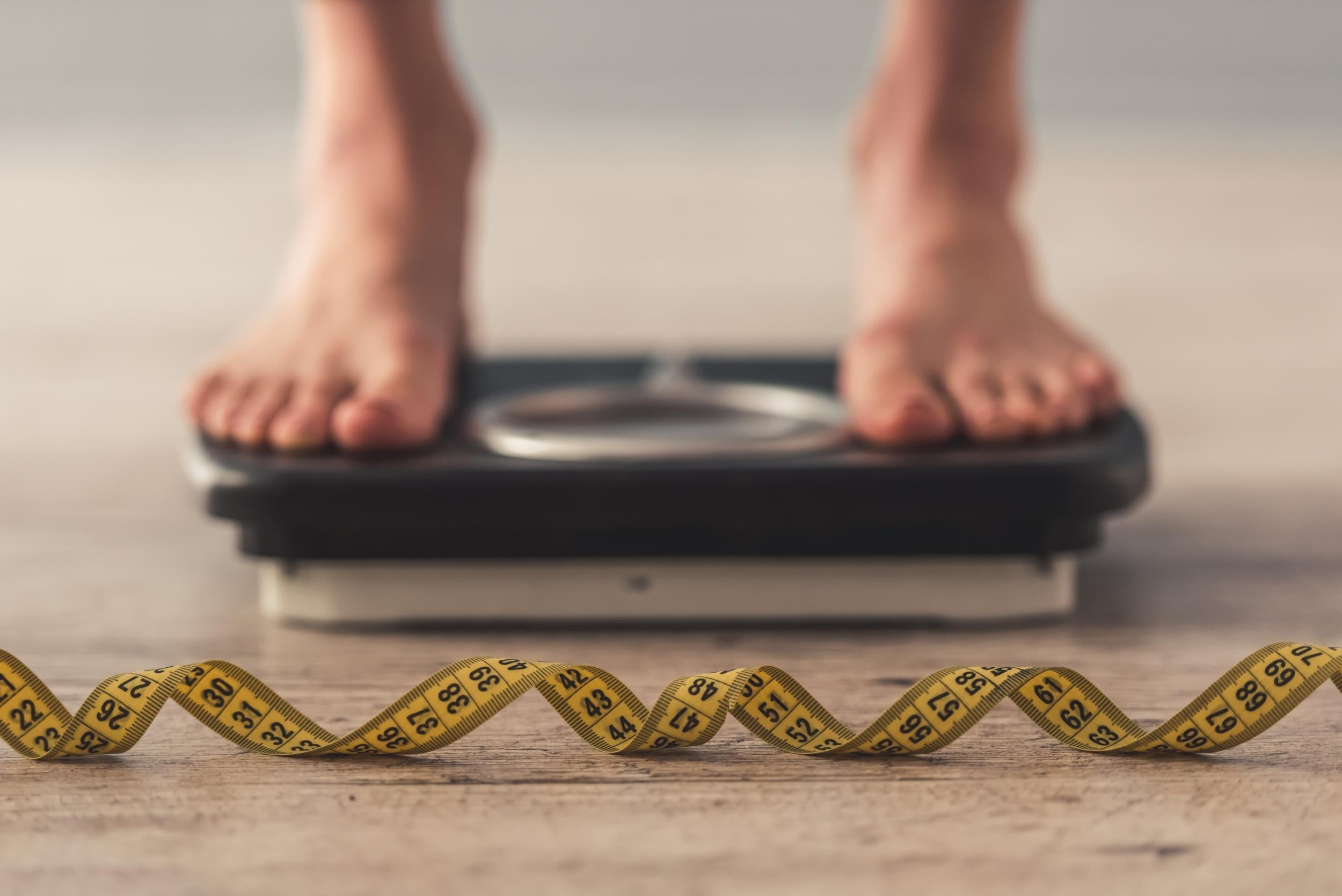Shaming people about their lifestyle habits does nothing to improve their health
... in fact, it can make you sick

Your support helps us to tell the story
From reproductive rights to climate change to Big Tech, The Independent is on the ground when the story is developing. Whether it's investigating the financials of Elon Musk's pro-Trump PAC or producing our latest documentary, 'The A Word', which shines a light on the American women fighting for reproductive rights, we know how important it is to parse out the facts from the messaging.
At such a critical moment in US history, we need reporters on the ground. Your donation allows us to keep sending journalists to speak to both sides of the story.
The Independent is trusted by Americans across the entire political spectrum. And unlike many other quality news outlets, we choose not to lock Americans out of our reporting and analysis with paywalls. We believe quality journalism should be available to everyone, paid for by those who can afford it.
Your support makes all the difference.Going to the doctor usually involves exposing the body with all its faults and flaws. In a culture that increasingly values self-control and bodily perfection, being sick or even merely old can lead to feelings of shame and inadequacy.
Any defects or difficulties – especially if they are linked to lifestyle – can feel like personal failings; such as problems related to weight, sexual behaviour, smoking, addiction, alcohol or other substance use. People with these issues face being shamed for “unnecessarily” using health or disability services, or welfare benefits.
This is all part of the contemporary political dogma of “personal responsibility”, which is reinforced by doctors who are now supposed to use every consultation – regardless of its original purpose – to talk to a patient about how to take responsibility for a healthier lifestyle.
What’s wrong with a bit of shaming?
For centuries, religions and laws have thrived on the fact that shame can be used to change or control people’s behaviour. And we know from reality TV series that being shamed can motivate some people to change their life or behaviour to something healthier. But, for the most part, shame makes people want to withdraw and hide.
Research shows that experiencing shame in medical settings can be harmful. In a study conducted by the University of California, San Diego (UCSD), about 50 per cent of patients experienced one or more encounters with a doctor that left them ashamed. And feeling shame is deeply unpleasant, to the point that people will seek to avoid it even if doing so is bad for them. For example, some people will avoid seeing their doctor. Others will lie about the state of their mental or physical health, or lie about their lifestyle. Shame may even make them hide a diagnosis from family or friends.
In the UCSD study, not all patients felt that being shamed had been a bad thing, but even those who thought the experience was valuable were likely to lie to their doctor in a subsequent visit. None of this is likely to benefit a person who is unwell, and it can lead to ineffective or incorrect treatments being prescribed.
Counterproductive
While health-related shame matters to most people, its impact is even worse for those who are part of a stigmatised or marginalised group. These groups suffer from chronic shame about their identity, often related to matters such as poverty, race, sexuality or social class.
Although chronic shame usually exists in the unconscious, it can have a direct impact on a person’s wellbeing, even when they have a healthy lifestyle. Chronic shame is associated with a variety of conditions, such as weight gain, addiction, depression, decreased immune function and heart disease.
Health shaming is supposed to work by inducing people to change for the better. But there is little evidence that it works, or that people who are targeted are open to the kinds of transformation expected by health professionals. This kind of shaming stigmatises people for having the wrong desires or the wrong body. It makes them feel personally to blame for not changing their habits or lifestyle.
The use of shaming and stigma by public health campaigns is not only morally dubious, it runs the risk of making people’s health worse rather than motivating them to live a better lifestyle.
Luna Dolezal is a lecturer in medical humanities at the University of Exeter and Barry Lyons is an adjunct assistant professor at Trinity College Dublin. This article was first published on The Conversation (theconversation.co.uk)
Join our commenting forum
Join thought-provoking conversations, follow other Independent readers and see their replies
Comments